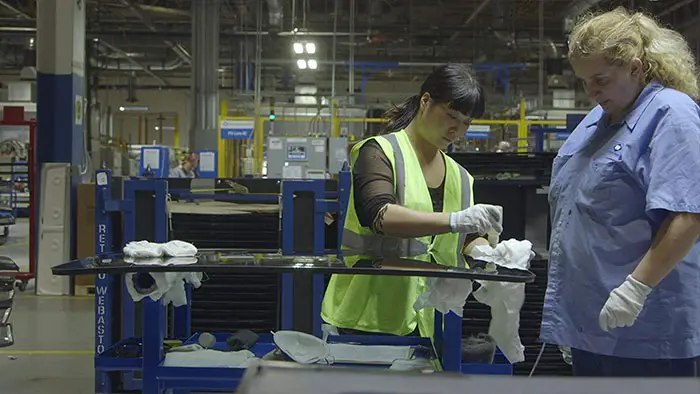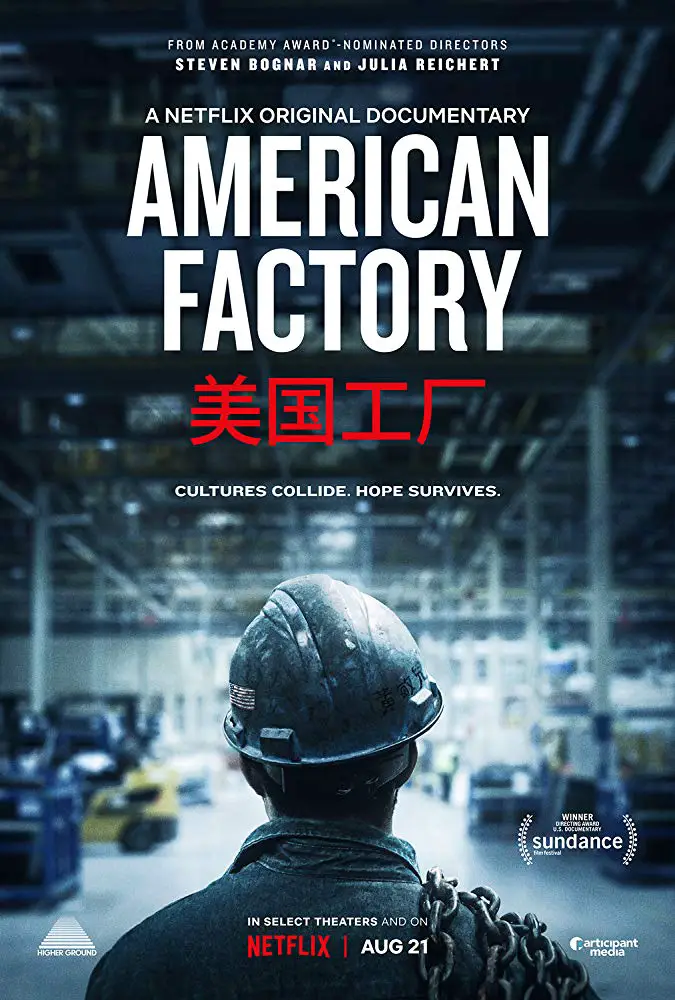
The third is the inevitable clashing of cultures. In China, its lower-class citizens literally slave away at their jobs. They work overtime and practically every day out of a sense of honor. When it comes to salary, Chinese citizens work for the “privilege” to earn their pay. Americans, on the other hand, stress and covet life balance. We work five days a week, eight hours a day. We also have these things known as weekends and holidays. Safety is also an important concern (as it should be). And workers have “power” in dictating working conditions…relatively speaking to their Chinese counterparts.
As you can imagine, the U.S. plant starts off in the red and is far from profitable. Workers are pushed to their limits and fired for performance issues. This U.S. investment cannot lose money, otherwise what was the point? In turn, the higher-ups demand more extended hours, cuts their workforce, and complain about “lazy Americans.” It all leads to a real threat of unionization. Fuyao threatens to shut down if the workers unionize. Anyone else see the irony about this communist country?

“It’s one that merely documents. It has no agenda to push, even though one grows organically…”
What makes American Factory fascinating is Bognar and Reichert goes in with no preconceived ideas of whether this plant will succeed or not (as far as I can tell). There’s no perceived agenda. The film is not Pro-Union or a Corporate Ad. Their cameras are there from the opening of the plant, and their access to workers and management is incredible. The cameras roll as a witness to the events in the plant, like a time-lapse movie.
We’re also presented with a view of “two sides of the same coin” when it comes to work ethic. The Chinese model is oppressive and favors the owners. The idea, that you work yourself to the bone for the privilege of providing for your family, is centuries old and borders on slavery (see the documentary Invisible Hands). Let’s not forget, China was once the leading supplier of child labor. Look, there’s a reason my family has never gone back to “where we came from.”
Personal bias against my homeland aside, American Factory is an example of my favorite type of documentary. It’s one that merely documents. It has no agenda to push, even though one grows organically throughout. It also presents the truth without bias or influence on the part of the filmmakers. The truth remains the truth because it’s untainted. We’ll never heal this national divide unless we have access to the pure, unadulterated truth.

"…in China, its lower-class citizens literally slave away at their jobs."
